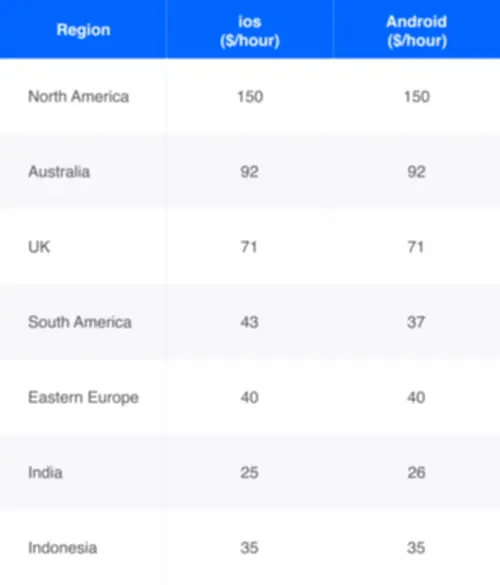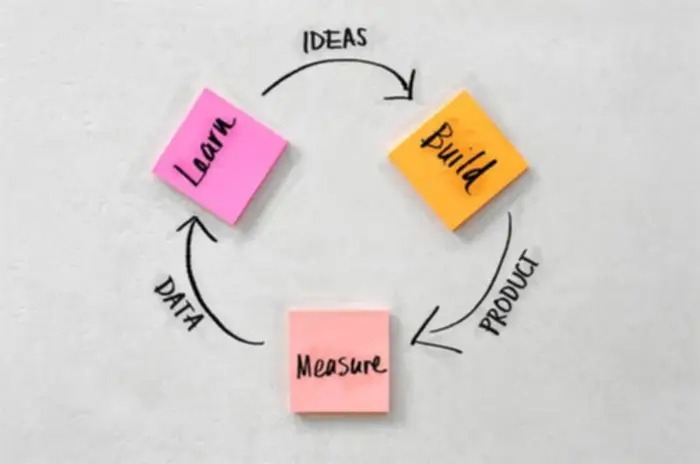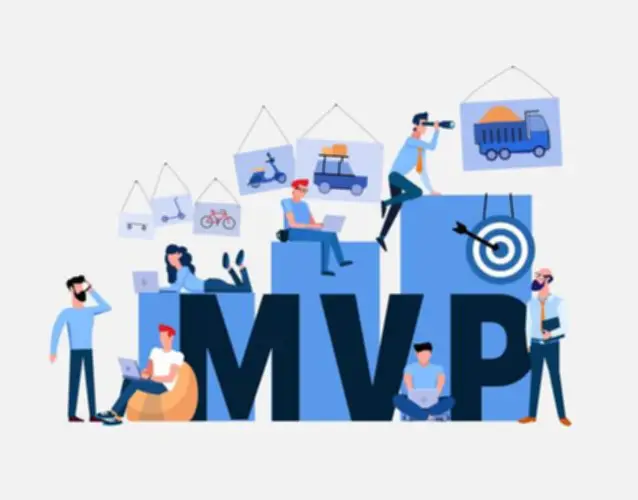As synthetic intelligence (AI) and machine learning turn into more prevalent, the moral implications of algorithms come to the forefront. Algorithms can inadvertently perpetuate biases in the information they are skilled on, leading to unfair outcomes. For example, if an algorithm is educated on biased data, it might produce results that favor sure teams over others. Guide your customized demo at present to learn the way Atlan might help your group in establishing and scaling knowledge governance programs.
By focusing on these strategies, enterprises can build a powerful basis of information ethics, ensuring responsible data management and fostering trust with their stakeholders. Effective data governance establishes the framework for ethical information use. Correct governance policies embrace clear pointers on information possession, consent, and privateness.
This framework must be integrated into all elements of knowledge management, from collection to utilization and disposal, making certain that ethical concerns are persistently applied. With the rise of AI and machine studying, the way we deal with knowledge has far-reaching consequences. From privacy considerations to algorithmic bias, the moral use of data impacts individuals, societies, and even world politics. As we move forward, it is crucial to have a strong framework for ethical data practices.
As technology continues to evolve, so will the challenges in information ethics. Emerging technologies like the Internet of Issues (IoT), massive data analytics, and AI will current Warehouse Automation new moral dilemmas. Companies, policymakers, and people want to stay informed and proactive in addressing these points.
Google Avenue View Knowledge Collection #

Navigating advanced and evolving data protection rules throughout totally different jurisdictions could be complicated and resource-intensive. Organizations should keep informed about regulatory adjustments and ensure compliance with numerous legal necessities, which could be particularly difficult for international companies. Preserve transparency with prospects and stakeholders about information practices.
Firm Info
Implementing information ethics proves to prospects that their knowledge is secure and stored appropriately in the organization’s methods. If your position consists of writing, training, or dealing with machine-learning algorithms, think about how they may doubtlessly violate any of the five key data ethics principles. The subject of information ethics explores these questions and offers 5 guiding rules for enterprise professionals who handle knowledge.
In the digital age, information ethics not solely guides how data is collected, stored, and used but also plays a crucial function in establishing trust and transparency between entities and individuals https://www.globalcloudteam.com/. To ensure that all employees perceive the importance of data ethics, it’s essential to make coaching obligatory. This includes new hires, contractors, and third-party distributors who work with the organization’s data. By making coaching necessary, organizations can ensure that everyone appears to be on the same page when it comes to data ethics.
Talk how knowledge is collected, used, saved, and shared, and provides individuals management over their information through knowledgeable consent and opt-out options. Elevating consciousness about data ethics is essential for promoting moral knowledge use. This includes educating stakeholders about the importance of data ethics, offering training and sources, and fostering a tradition of moral habits. Training and consciousness ensure that everybody understands their role in selling moral information use and is supplied to make informed decisions. As AI and machine studying proceed to advance, ethical considerations become much more important. This includes designing algorithms which may be honest and unbiased, guaranteeing transparency in how choices are made, and being accountable for the outcomes.

Enrolling in a Information Scientist course can provide the required abilities and knowledge to navigate these moral complexities successfully. Information ethics is the branch of ethics that evaluates knowledge practices with respect to rules of equity, accountability, and respect for privateness. It encompasses the ethical points related to information assortment, analysis, dissemination, and use, ensuring that data-driven activities do not hurt people or society.

It additionally necessitates a commitment to moral practices that goes beyond mere compliance with regulations. Many firms now appoint Chief Privacy Officers or Data Ethics Boards to ensure accountability for knowledge practices at the highest ranges of the organization. For instance, the European Union’s Common Knowledge Safety Regulation (GDPR) has set a worldwide normal for knowledgeable consent, requiring organizations to acquire explicit permission for data collection and use. Understanding these parts is essential, but true information what is data ethics ethics goes past mere information.
- Transparency builds trust and accountability, that are important for moral knowledge use.
- Ultimately, it underpins the moral use of technology in society, promoting fairness, transparency, and accountability in how information is dealt with.
- Whether Or Not it’s privacy safety, equity, or mere compliance, data ethics plays a vital position in fostering trust and retaining competitive edge.
- Age and gender are different knowledge types that are not at all times essential for the applying.
- Data ethics is the branch of ethics that research and evaluates ethical problems related to data, algorithms, and corresponding practices.
- This allows analysts to find relationships between variables of interest without attaching particular data factors to individual identities.
Ideas Of Information Ethics For Enterprise Professionals
For many organizations, a Information Governance group and authorized counsels are liable for overseeing compliance of — and remediation for — breaches in Data Ethics rules. Organizations can implement data ethics by establishing clear insurance policies, training staff on ethical data practices, and utilizing know-how to watch information usage. It’s essential to prioritize transparency, equity, and accountability in all data-related actions.
This means being open and trustworthy about how information is collected, used, and shared. Companies should provide clear and accessible details about their knowledge practices, ensuring that customers are fully knowledgeable. Transparency builds trust and accountability, that are essential for ethical knowledge use. Information ethics is not only a set of tips however a dedication to accountable data stewardship.
This reporting mechanism must be easy to make use of and accessible to all workers. Stories ought to be investigated promptly, and appropriate action must be taken. To assist staff understand the practical implications of data ethics, it’s a good idea to make use of real-world scenarios and case research. These situations could be developed based mostly on precise incidents that have occurred throughout the group or within the trade at giant. By presenting these eventualities, employees can be taught from real-life situations and higher perceive the importance of information ethics. Addressing these challenges requires ongoing dialogue between technologists, ethicists, policymakers, and the basic public.
This article will discover the concept, examples, best practices, and advantages of information ethics. You will also find out how an industry-ready information analytics bootcamp will assist you to dip your toes on this dynamic subject. Radha Gohil, Data Governance & Privateness Lead at Shell and Chair of ISBA’s Knowledge & Ethics Steering Group shares the 5 key the reason why companies ought to take information ethics seriously. Earlier Than accumulating data, ask your self why you want it, what you’ll achieve from it, and what modifications you’ll be succesful of make after evaluation. If your intention is to harm others, profit out of your subjects’ weaknesses, or any other malicious goal, it’s not ethical to collect their data.
